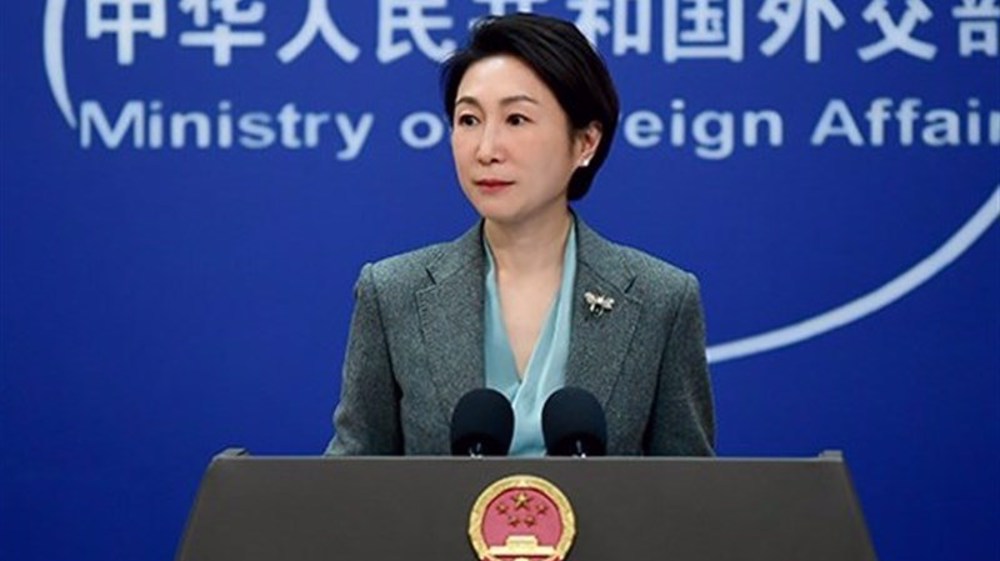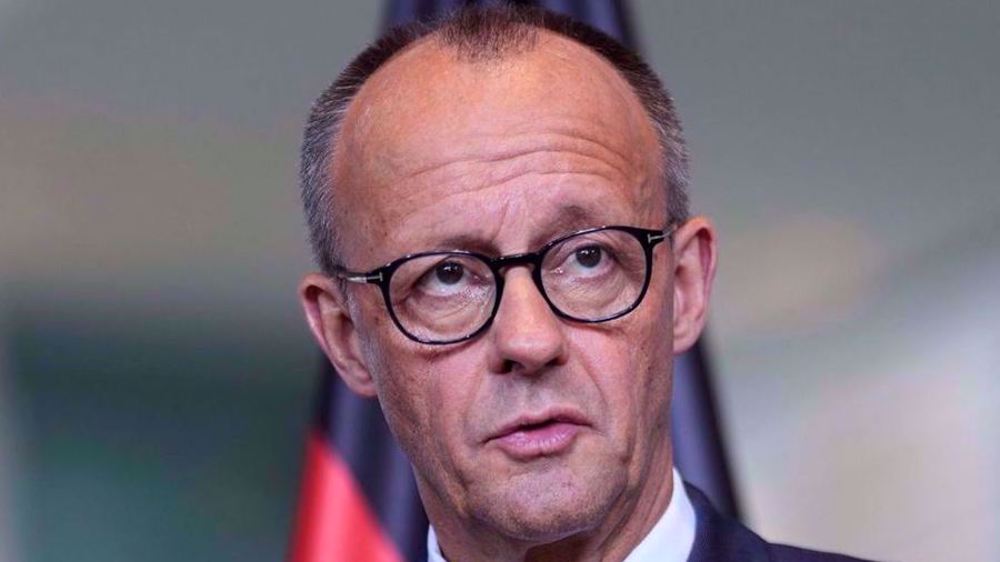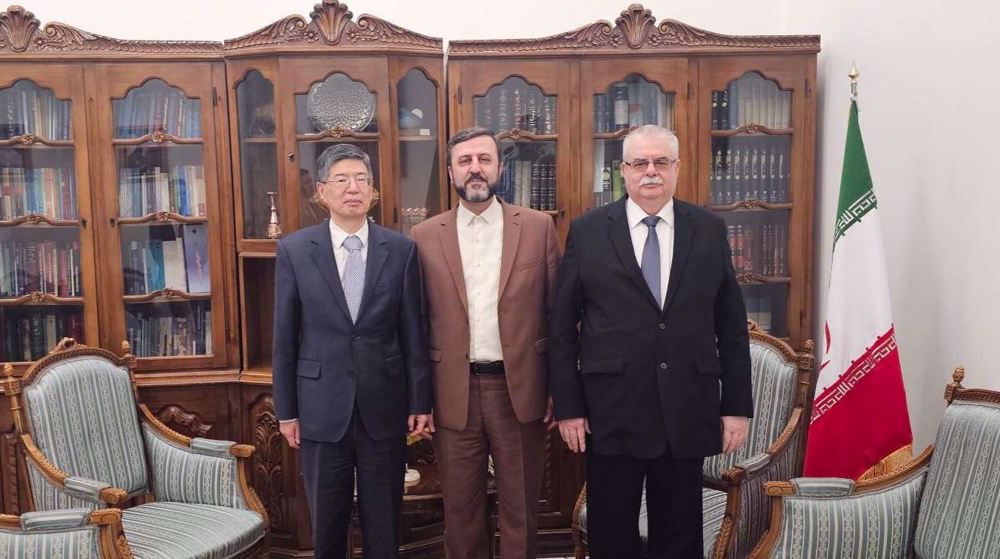Russia, China congratulate Cuba on election of new president
Russia and China have congratulated Cuba on the election of Miguel Diaz-Canel as its new president succeeding Raul Castro in the Caribbean island nation, wishing to continue to expand ties with Havana.
The Cuban National Assembly on Thursday inaugurated the 57-year-old Diaz-Canel, who has served as first vice president since 2013, marking a generational shift after almost six decades of rule under Raul and his brother and legendary revolutionary leader, the late Fidel Castro.
Russian President Vladimir Putin congratulated Diaz-Canel on his election as Cuba’s president in a phone call on Friday and also sent a telegram to Raul Castro, thanking him for the many years of joint work with Russia and his personal contribution to a deeper strategic partnership between Havana and Moscow.
“While discussing the results of the session of the National Assembly of People’s Power of the Republic of Cuba held on April 18-19, Russia confirmed its readiness to provide assistance to the Cuban leadership in carrying out a policy of social and economic modernization of the country,” the Kremlin press service said in a statement.
The Russian president also “expressed his confidence that the country will continue to achieve the goals proclaimed after the Cuban revolution under [the] new leadership, and that it will reach new milestones of social and economic development.”
Telegram to Castro
In the telegram to the 86-year old Castro, Putin “thanked him for fruitful cooperation over many years, which ensured steady development of Cuba-Russia relations,” and stressed that Castro is considered “a true friend of the nation, a wise and forward-looking politician who has contributed to the resolution of many crucial social and economic issues in Cuba.”
Chinese Foreign Ministry spokesperson Hua Chunying also announced that Beijing congratulated Cuba on its election of the new president and that it respected the choice of the Cuban people.
“Chinese leaders spoke highly of the mutual political trust between China and Cuba, and said they were ready to work with Cuban leaders to jointly expand and deepen bilateral cooperation, and achieve new accomplishments that can honor the China-Cuba friendship in a new era,” Hua said.
The Chinese official said Beijing and Havana enjoyed profound friendship and a solid foundation for cooperation, expressing hope for Cuba’s socialist development to make greater progress and continue to have a loud voice on the international and regional stages.
Diaz-Canel, who has spent years climbing the party ranks, was nominated last week as the candidate for the presidency and was formally appointed to a five-year term.
Raul, who came to power as president in 2008, when he replaced his ailing older brother Fidel, will remain as the First Secretary of the Communist Party of Cuba until a congress slated to be held in 2021.
In his first address as the new leader of the country, Diaz-Canel vowed to keep Cuba on the path of “revolution.” He also vowed to keep his nation on the road to economic reform.
“The mandate given by the people to this legislature is to continue the Cuban revolution at this crucial historic moment, which will be marked by what we must do to implement the economic model” put in place by Raul Castro, he said, adding, “I am here to work, not to make promises.”
Maduro heads to Cuba to meet with new president
Also on Friday, Venezuelan President Nicolas Maduro traveled to Cuba to extend his congratulations to the newly-elected president and expand cooperation with his country’s socialist ally.
“I am leaving for Cuba to make a working visit, a fellowship visit to give a hug of solidarity, of support, of union to the new President of the Council of State and Minister of Cuba Miguel Diaz-Canel. We will meet to visualize the future and above all ratify the union between Cuba and Venezuela,” Maduro said at a news conference before the trip.
“Visualizing the future, I bring new proposals — to solidify the human, economic, energetic, and historical integral alliance between Cuba and Venezuela and beyond… For that we go there to give our hand and say Venezuela, firm, consistent, perceptive, united always — Cuba-Venezuela,” he said.
Havana and Caracas have maintained close political and economic relations since the late President Hugo Chavez came to power in Venezuela in 1999.
Iran Armed Forces warn US of severe consequences for any aggression
VIDEO | Iran, US move ‘closer to agreement’ after ‘serious, longest’ round of talks: FM
Israeli army chief privately warns of cost of new war with Iran: Report
IRGC official: US buildup, psychological tactics aim to 'swallow Iran again'
Iran’s three-man team captures triple gold at UWW ranking series in Tirana
Iranian academic sentenced to 4 years in prison in France for supporting Palestine
VIDEO | Press TV's news headlines
Russia: West seeks to repeat past ‘plunder’ of Iran’s oil











 This makes it easy to access the Press TV website
This makes it easy to access the Press TV website